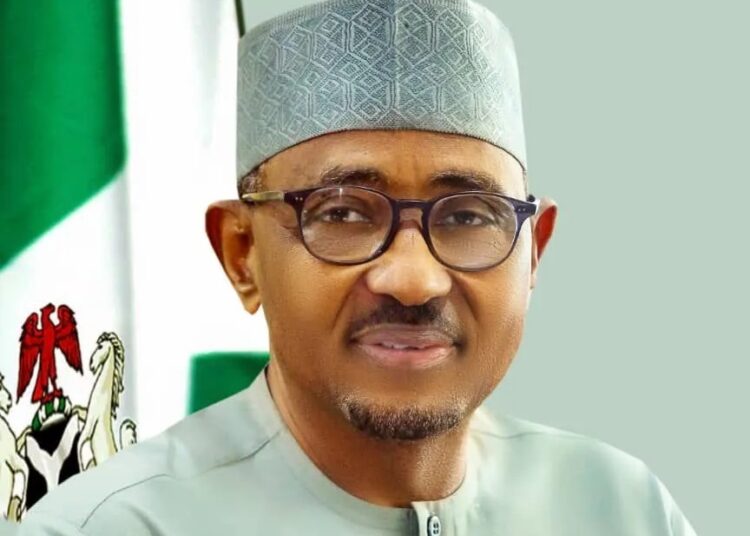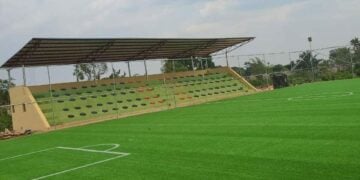The West Africa’s refining capacity has reached 1.365 million barrels per day (mbpd), marking significant growth in the region’s petroleum sector, the Nigerian Midstream and Downstream Petroleum Regulatory Authority (NMDPRA) has announced.
This is as projections indicates a substantial increase of additional 1.2 million bpd by 2030, driven by major projects and expansions across the region.
Chief executive of the NMDPRA, Engr. Farouk Ahmed, who made these known, said monthly gasoline trade within West Africa amounts to roughly two million metric tons, with 69 percent imported and 31 percent locally refined.
Engr. Ahmed projected that Africa’s refining capacity will increase by 1.2 million barrels daily through 2030, bolstered by ongoing sector upgrades and new projects.
Speaking at a two-day Global Commodity Insights Conference on West African Refined Fuel Market jointly organised by NMDPRA and S&P Global Insights, in Abuja on Tuesday, Engr. Ahmed highlighted the region’s current dependence on global reference markets—such as North-West Europe, the U.S. Gulf Coast, the Mediterranean, Singapore, and Hong Kong.
He stressed that this fail to reflect the unique market dynamics and supply chain realities of Africa.
Ahmed emphasised the critical need for a regional pricing index that will promote price discovery, transparency, and deeper market liquidity tailored specifically to the continent.
“West Africa, despite being a key producer, consumer, and refining hub, has largely relied on external benchmarks which do not account for our economic realities and supply chain peculiarities,” Engr. Ahmed said.
“Establishing a regional pricing reference will not only facilitate petroleum product trading but also drive infrastructure development, attract investment, and enhance energy security.”
He added that the initiative, launched under the visionary policies of President Bola Tinubu, seeks to capitalise on recent reforms like the Petroleum Industry Act 2021 and deregulation efforts that have improved Nigeria’s downstream sector.
With refining capacities expanding across Nigeria, Ghana, Niger, Senegal, and Côte d’Ivoire—currently jointly producing about 1.365 million barrels daily—the region is poised for substantial growth.
Key facilities such as Nigeria’s Dangote Refinery, which alone contributes 650,000 bpd, along with new and upgraded refineries in Ghana, Senegal, Niger, and Côte d’Ivoire, are spearheading this growth trajectory.
This surge in refining capabilities comes as the region works to reduce its heavy reliance on imported petroleum products and strengthen energy security amid rising domestic demand fueled by population growth and industrialisation.
Reforms, investments, and partnerships—alongside advancements in infrastructure and regulatory frameworks—are enabling West Africa to emerge as a significant refining and trading hub within the African continent and beyond.
A key component of the collaboration with S&P Global Insights will involve launching pilot price indices reflecting local refined product prices—covering petroleum motor spirit, automotive gas oil, emission-reducing fuels, and liquefied natural gas.
These indices will enhance bilateral contracts, lending, hedging, and investment decisions across the continent.
Engr. Ahmed called upon all stakeholders in Africa’s energy market to unite in building a transparent, fair trading ecosystem that supports sustainable investments.
“The time is now,” he declared. “Through collaboration, innovation, and shared vision, we will establish a lasting legacy of market clarity and integrity for the African petroleum industry,” he said.





